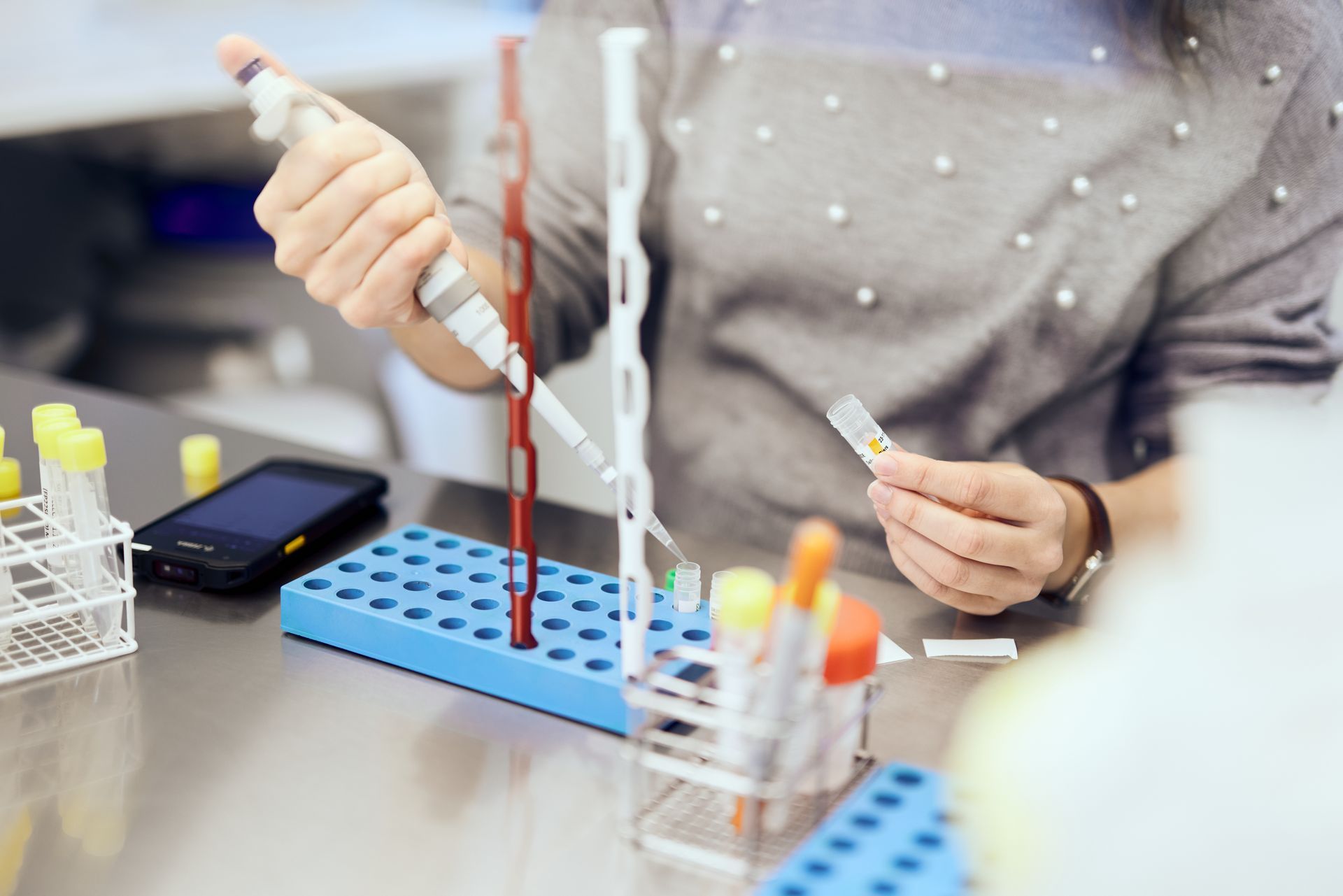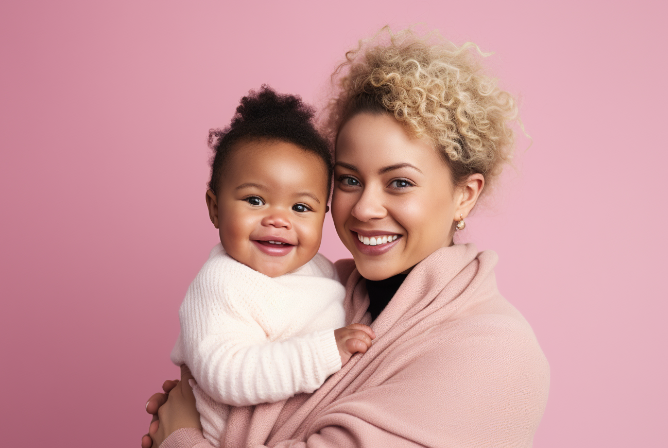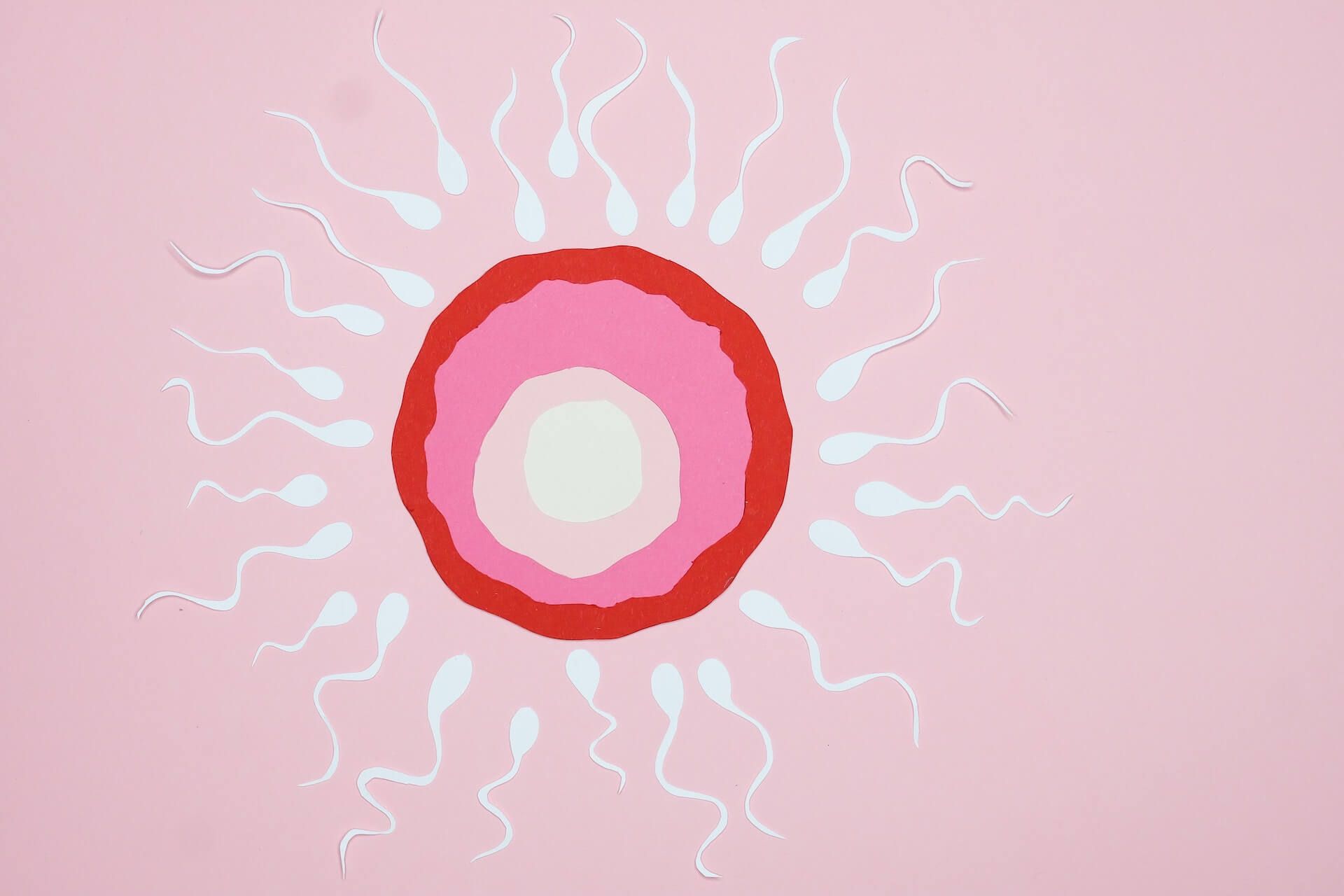Exploring Parenthood: How Do Lesbian Couples Have a Baby?
In today's world, family dynamics are diverse and beautiful. Many lesbian couples, like all individuals, have the desire to start a family and experience the joys of parenthood. However, the path to parenthood may involve some unique considerations and choices. One of the most popular and accessible methods for lesbians couples to conceive is with the help of a sperm donor. At Born Donor Bank, many of our private customers are lesbian couples, and luckily there are several options available for same sex couples who want to start a family. Read on to learn more about them.
Intrauterine Insemination (IUI) - What is it?
IUI is the most straightforward procedure and often the cheapest option as well. It involves inseminating the woman who will carry the baby with donor sperm. The carefully prepared sperm is placed directly into the uterus. This procedure is performed at a fertility clinic and has a higher success rate than natural insemination.
IUI treatments are recommended for women with no known fertility issues, and there is a good chance that this simple type of fertility treatment will work. However, sometimes a more invasive fertility treatment may be necessary to conceive.
In Vitro Fertilisation (IVF) - What is it?
In vitro fertilisation is a more complex and expensive method, but it also offers higher success rates. IVF involves the extraction of eggs from the ovaries, which are then fertilised with donor sperm in a laboratory. This will hopefully develop into embryos which are then implanted into the uterus. If the IUI treatment has not been successful, then IVF treatment is usually the next step.
Reciprocal IVF - What is it?
This method allows both partners in a lesbian couple to be physically involved in the conception of their baby. One partner provides the egg, which is then fertilised in a lab with donor sperm. The resulting embryo is then implanted in the other partner, who carries the pregnancy. This way, one mom is genetically connected to the baby, and the other gets to carry, give birth to, and breastfeed the child. It’s important to note that not all countries allow this type of treatment.
Intracytoplasmic Sperm Injection (ICSI) - What is it?
ICSI is an ART treatment procedure similar to IVF. However, in ICSI, the embryologist directly injects one sperm into the egg. In IVF, several sperm are placed near one egg for the fertilisation to happen. ICSI can be the next step for you if IVF fertilisation fails.
Things to Consider Before Your Fertility Treatment
If you are part of a lesbian couple, there are some things you and your partner need to consider before embarking on your journey to become parents. In the following, we list two important things you and your partner need to decide on before starting your fertility treatment.
Which Sperm Donor Would You Like to Use to Get Pregnant?
Before your fertility treatment can start, you will need to buy donor sperm from a sperm bank and have it sent to your fertility clinic. When choosing your sperm donor, you need to decide whether you want your future child to have the opportunity to be given information about the donor's identity later in life. If you choose an ID release donor (open donor), your child has the option to receive information about the donor's identity when she or he turns 18 or reaches legal age in your country of residence. If you choose a no ID release donor (closed), your child cannot be given any information about the donor's identity.
At Born Donor Bank, we spend a lot of time getting to know all our donors which means that you can find a lot of information about them in their donor profiles. Most of them even include pictures of the donors as children, staff impressions, fun facts, and quotes.
Feeling curious? You can browse through our wide range of
donor profiles for free or read our previous blog post that might help you pick the right donor:
How to Choose a Sperm Donor: Key Things to Consider.
Who Will Carry the Pregnancy?
Before you start your fertility treatment you also need to agree on who will carry the pregnancy. Maybe it seems like an easy choice because one of you has a stronger desire to become pregnant and experience childbirth than the other? However, your decision should consider your health status as well. Therefore, you might want to consult your doctor for an evaluation and advice on the best option.
Other Great Options for Lesbian Couples to Start a Family
There are other alternatives to donor sperm and fertility treatments for lesbian couples. You could opt for co-parenting, adoption, or foster parenting instead.
Co-Parenting and Adoption
Some lesbian couples choose to co-parent with a male friend or a same sex male couple who also dreams of having a child and wants to participate in the child's upbringing. This arrangement can be informal or legally structured, depending on your preferences. It can be an amazing option for same-sex couples, but it can be a bit complicated from a legal and practical standpoint.
If you dream of having your baby but don't want to go through a pregnancy, you could also opt for adoption which allows you to provide a home to a child in need. Adoption is in many cases a win-win situation; you get to raise a child, and a child gets an amazing family.
Foster Parenting
Foster parenting can be another great path to parenthood for lesbian couples. By providing a temporary home for children in the foster care system, you get the chance to make a positive impact on a child's life.
Remember: Love Makes a Family
The future of same-sex parenting is exciting and promising. Technological advancements in fertility solutions and reproductive medicine have opened up a world of possibilities and science continues to push boundaries and redefine possibilities. No matter which path you choose to parenthood, the most important aspect is the love and care you provide to your child. We believe that parenthood is about creating a nurturing and supportive environment where a child can grow and thrive, irrespective of biological ties.
In conclusion, lesbian couples have a variety of options available to start a family, and there is no one right answer to what the right way to have a baby is. Which option you choose will depend on you and your partner’s wishes, your individual circumstances, and your medical situations. Whether you choose IUI, IVF, ICSI, co-parenting, adoption, foster parenting, or a combination of these methods, what matters most is the love and commitment that you bring to raising your child. Parenthood is a beautiful journey, and everyone deserves the chance to experience it.
Other blog posts











